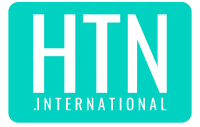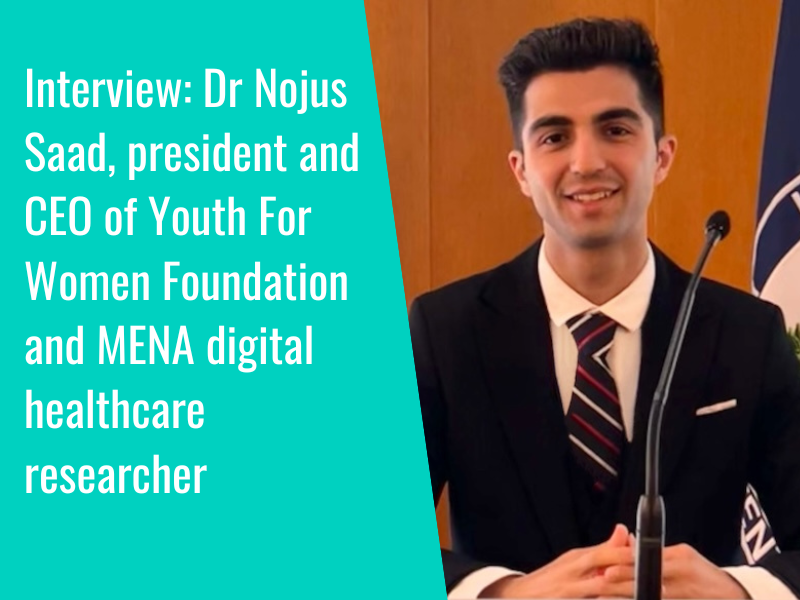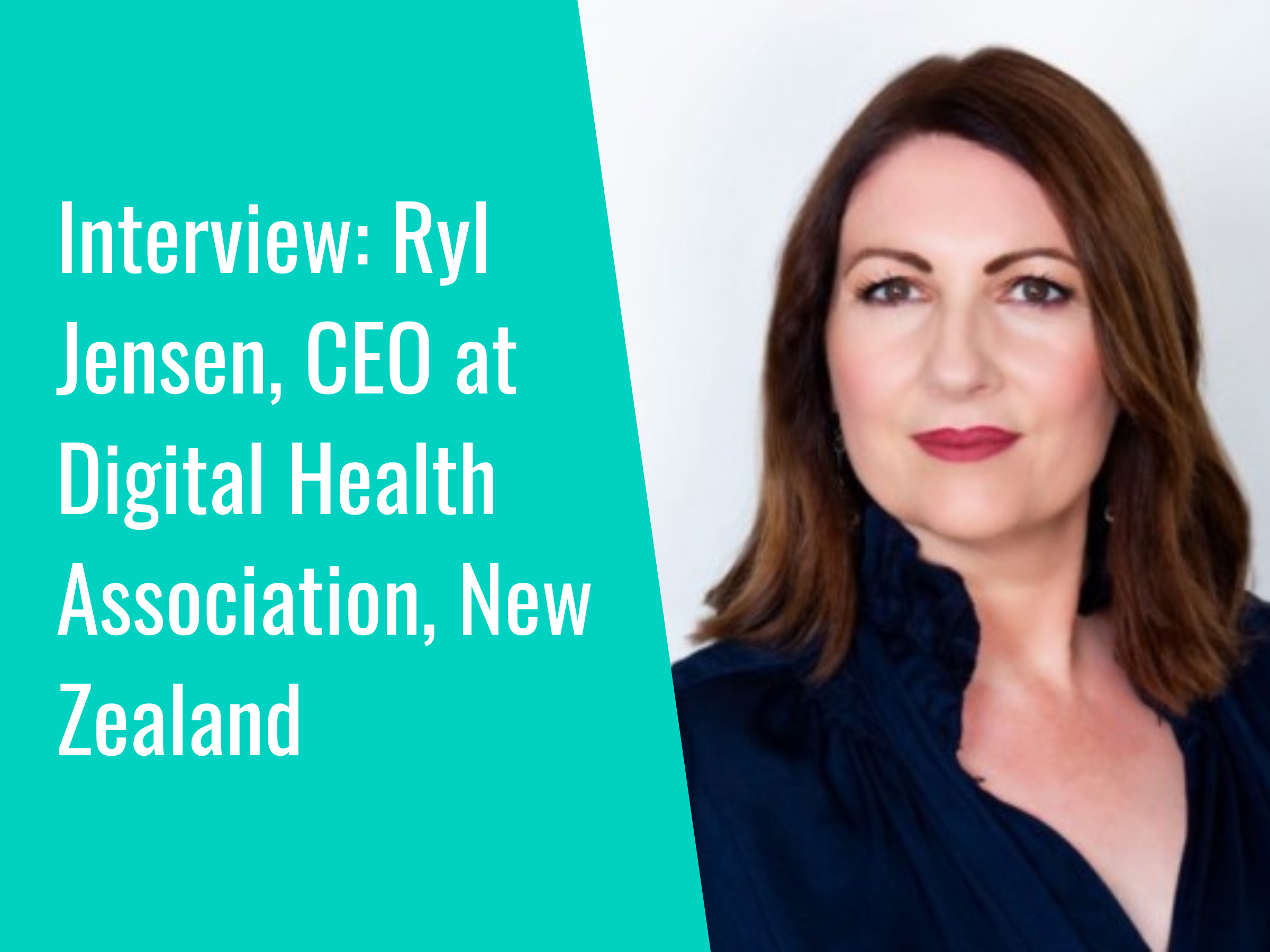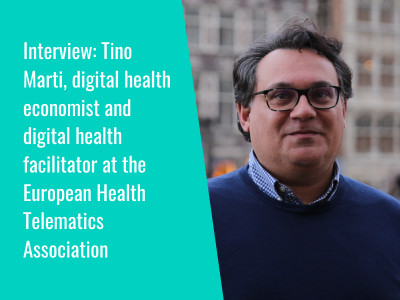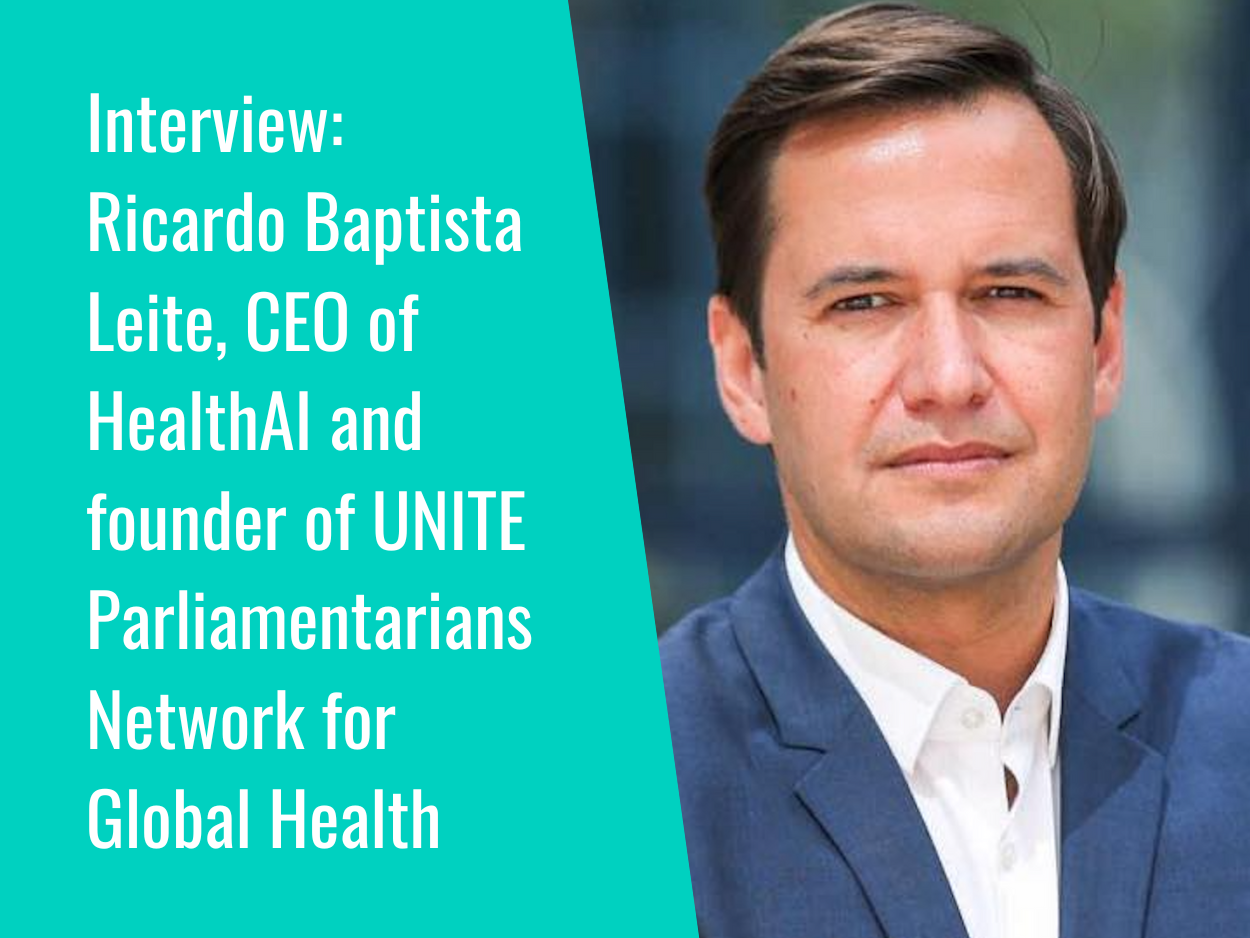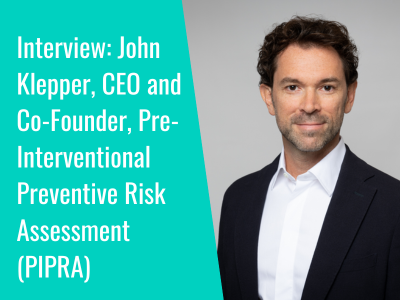The Radiological Society of North America (RSNA) and GE HealthCare have announced a collaboration aiming to provide mammography technology, training and educational tools to radiologists at Tanzania’s Muhimbili National Hospital (MNH) in order to ” improve access to screening and help clinicians lower the country’s breast cancer mortality rate”.
As part of efforts to improve radiology education and patient care, RSNA has developed the Global Learning Center programme which seeks to create “learning centers” with established radiology departments in low- or middle-resourced countries. The programme sees RSNA members work with the institution over a set period of time to develop a customised curriculum. Muhimbili University of Health and Sciences, of which MNH is part, is involved in the programme with funding from the U.S. Department of Energy’s National Nuclear Security Administration.
In line with the programme, GE HealthCare is installing the Pristina Mammography Suite at Muhimbili University of Health and Sciences. The suite will include 2D and 3D digital breast tomosynthesis, contrast enhanced mammography (CEM), CEM biopsy capabilities and a Seno Iris workstation. Around 20 nurses, radiologists and technicians are to be involved with the suite, with live trainings under the grant to cover system operation, image interpretation, video tutorials and more.
Jan Makela, president and CEO of imaging at GE HealthCare, comments: GE HealthCare is committed to helping reduce disparities in care and improving access to medical imaging worldwide. “One of the ways we honor this commitment is through our continued pursuit of innovative imaging technology. Another way we honor this commitment is by working with organizations, like RSNA, to leverage our different strengths and engage the global community to help break down barriers to care.
“With breast cancer mortality rates in Tanzania among the highest globally, our work with RSNA will help bring much-needed mammography technology to MUHAS. Early detection can save lives, and we believe this combination of technology, training and educational tools has the potential to help thousands of women across Tanzania.”
Read more here.
We previously covered the news that Africa Centres for Disease Control and Prevention launched its digital transformation strategy running until 2030, focusing on the potential for African nations to “leapfrog traditional stages of development and adopt innovative solutions that can significantly improve health outcomes”.
Elsewhere, South African companies Altron HealthTech and Dischem Oncology have announced that they are collaborating on a solution designed to provide clinicians with access to digital health advances.
- 1
- 2
